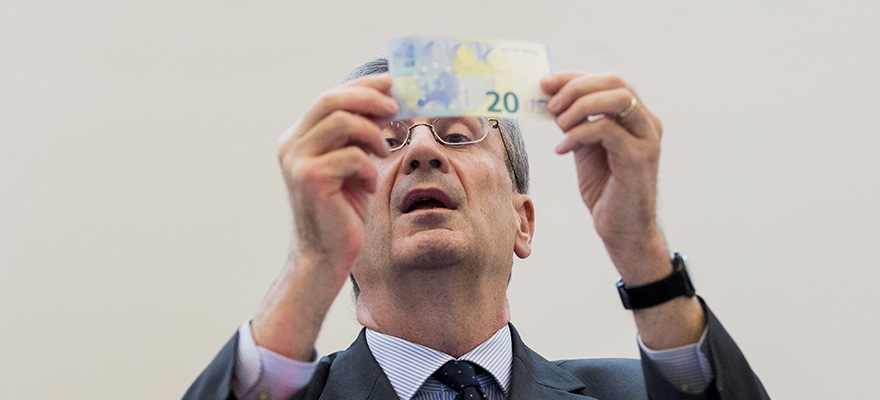French authorities plan on creating a cryptocurrency task force for the G7, the governor of France's central bank said on Friday.
Speaking to financial reporters, Francois Villeroy de Galhau said that the task force would look at how regulators can ensure digital assets meet compliance standards, ranging from customer protection rules to anti-money laundering legislation.
The central bank governor added that Benoit Coeure, a European Central Bank board member, would be leading the task force.
France is currently president of the G7 - a loose political body made up of seven of the world's leading economic powers.
Along with his French counterpart, Mark Carney, the governor of the Bank of England, told reporters that Facebook's proposed cryptocurrency, Libra , will not be allowed to go live if it does not meet proper standards. Carney also noted that central banks would need to have oversight of the virtual currency.
Proper Regulation "is in everyone's interest"
French authorities do not oppose the social media giant launching a cryptocurrency but do oppose the idea of it becoming a sovereign currency.
“We want to combine being open to innovation with firmness on regulation," said Villeroy de Galhau. "This is in everyone’s interest.”
US officials have reacted with alarm to the idea of a Facebook-issued digital currency.
Just days after details of the digital asset were announced, a bi-partisan group of senators called for a hearing to discuss privacy fears stemming from the launch of Libra.
Facebook has been under the cosh repeatedly in the past couple of years for repeatedly breaching people's privacy, stealing their data, and being almost mind-bogglingly intrusive into its users' lives.
Of course, all of this was apparent before 2016 but, surprise surprise, after Donald Trump became president, it actually became a controversial issue amongst members of the American media class, after the US president used the social media platform extensively during his election campaign.


















